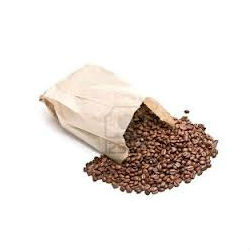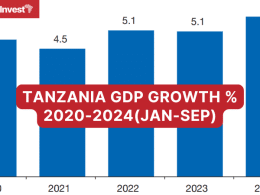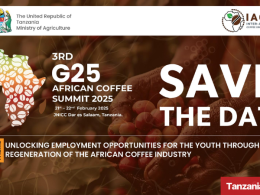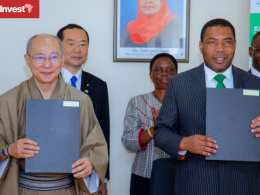According to Unites States Department of Agriculture Foreign Agricultural Service (USDA) 2015 Tanzania Annual Coffee Report, Tanzania’s coffee production will increase to a record 1.2 million 60 kg bags in the marketing year 2015/2016.
This represents an increase of 25% year after year and is due to improved husbandry practices and favorable weather.
The Government of Tanzania continues to implement its strategic plan (2011-2021) for the coffee sector whose key objective is to double the production by 2021.
The coffee production expansion programs involve increasing productivity in existing farms and facilitating the private sector to develop new farms.
Coffee consumption in Tanzania remains at a low of 7% of the total national production.
Japan and Italy are the leading destinations of coffee exports from Tanzania followed by, United States, and Belgium.










